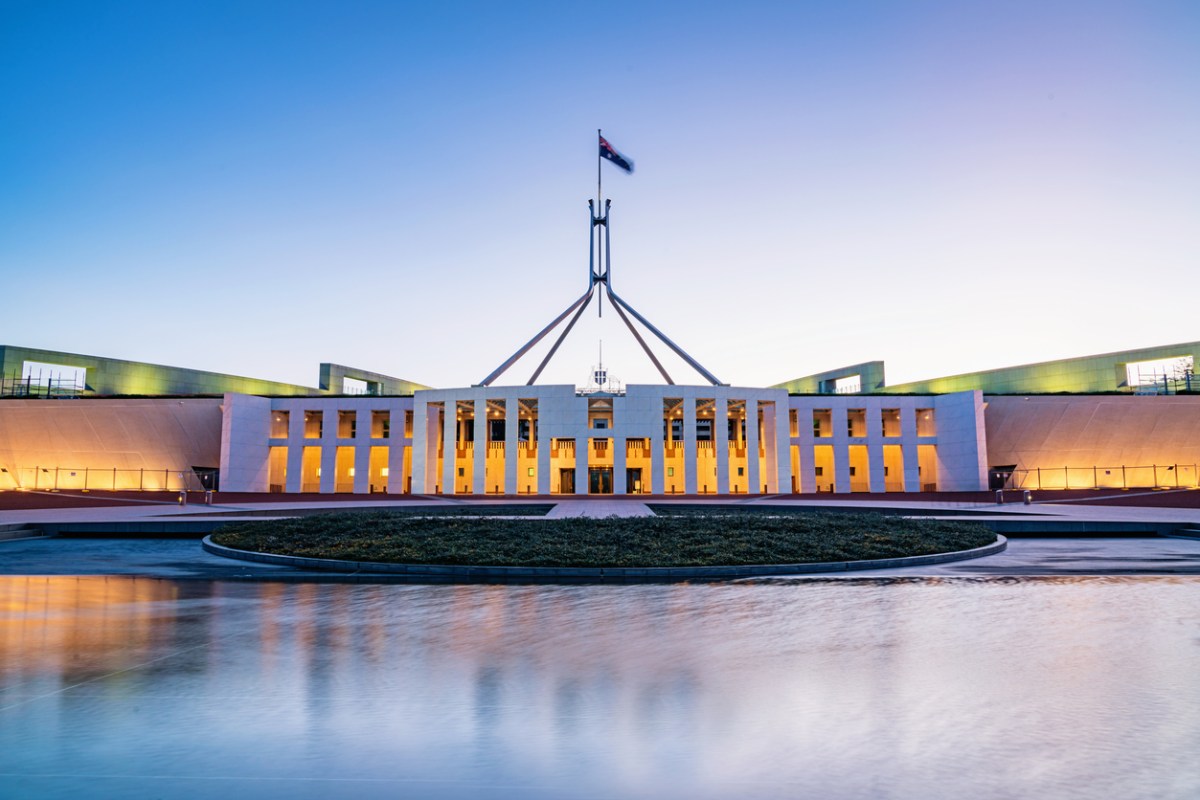It’s our second Budget for the year; the Morrison Government handed down its sugary-sweet pre-election budget in March, and now the Albanese Government has delivered a mini-budget to set the tone for its first year in office.
Measure What Matters (just don’t call it Wellbeing)
It was announced that from next year a Measuring What Matters Statement would be released as part of the budget.
Impact investors know this language well, ‘measuring what matters’ is what we do best. It looks beyond the traditional macroeconomic measures, like GDP, to explore the vitally important, but hard to measure, parts of life.
Things like personal and community safety, living fulfilling lives, environmental health and gender equity.
It’s great progress, but most notable was the severe pivot away from calling it a ‘Wellbeing Budget’.
While the statement was said to be modelled on the OECD Framework for Measuring Well-being and Progress it was stressed that the Australian iteration would be unique, to account for the Australian context.
Building 1 Million New Homes
The target of 1 million new homes is part of a rare agreement between the federal government, states as well as building companies and institutional investors to work together to ease the national housing shortage.
The plan expects the private sector to deliver the bulk of the housing, but government has been allocated.
The budget includes $350 million in federal funding for the construction of 10,000 affordable homes over the five-year period to 2030, while state and territory governments have committed to building up to 10,000.
“I am proud to announce that we have just struck a new housing accord between governments, investors and industry to build the affordable homes our country desperately needs,” said Treasurer Jim Chalmers.
“Institutional investors, including superannuation funds, have endorsed the accord and will work with us to leverage more investment that delivers for their investors’ and members’ interests, and for the national interest.”
“We don’t pretend that this accord solves every issue, nor do we pretend we can solve this problem overnight. But this is a serious start – a serious agenda that will lead to more Australians knowing the security of a good job and decent housing.”
Boost to Aid Funding
Foreign Affairs Minister Penny Wong was in French Polynesia last week when it was announced that the total Overseas Development Assistance Budget would be increased by $1.4 billion over the next four years.
It would include an additional $375 million in aid funding to the Pacific.
“It will ensure we continue to provide direct budget support to reduce fiscal distress, ensuring critical government services such as health and education continue to be delivered,” Penny Wong said.
The package would also commit to restoring the target for 80% of all of Australia’s developmental aid to address gender-based issues.
The announcement was supported by Marc Purcell, CEO of ACFID.
“Human development went backwards due to the pandemic, and Australia should be providing more support. In challenging economic and geostrategic times, an increase to ODA is critical,” said Mr Purcell.
“The needs of our regional partners are clear: investment in health systems strengthening, climate change adaptation, gender equality, economic livelihoods and social protections.”
The aid budget is currently around $4.5 billion per year, which represents 0.20 percent of Australia’s GNI. The OECD DAC average is 0.33 percent.

